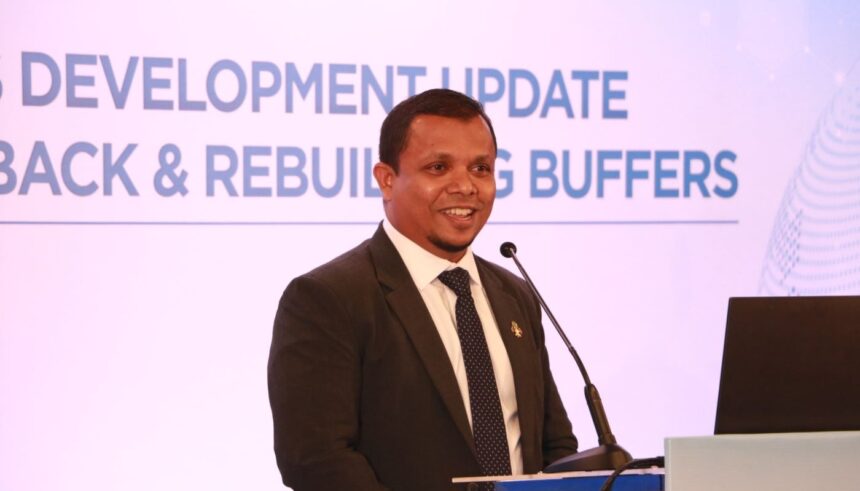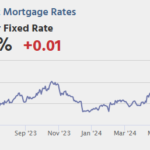The Maldives government on Monday acknowledged flaws in the implementation of debt reduction measures and announced a new commitment to fiscal reform, starting with a focus on state-owned enterprises (SOEs).
Finance Minister Dr. Mohamed Shafiq made the announcement during a discussion on the World Bank’s report, “Downsizing and Rebuilding Buffers.”
Shafiq admitted that reforms planned since last year have fallen short and contributed to the country’s current fiscal weakness.
“We are forced to take action because of our weak financial position and debt management,” he said.
The government’s plan prioritizes reform of state-owned enterprises, aiming to stabilize them and improve their efficiency.
“We need to reform the companies that are causing huge losses to the country,” Shafiq said.
Additionally, the government will amend the Asanda Health Benefits Scheme and subsidy system to focus assistance on those most in need.
Despite cost-cutting measures, the minister assured that the project would continue with a focus on cost-effectiveness.
The findings of the World Bank report on the difficult external debt situation and high debt-to-GDP ratio (122.9%) resonated with the government. The report also warns that future debt management could be difficult unless strong corrective measures are taken.
Shafiq acknowledged the need for collaboration with financial institutions and highlighted that the World Bank report provides valuable insights in formulating future budgets and project plans.






